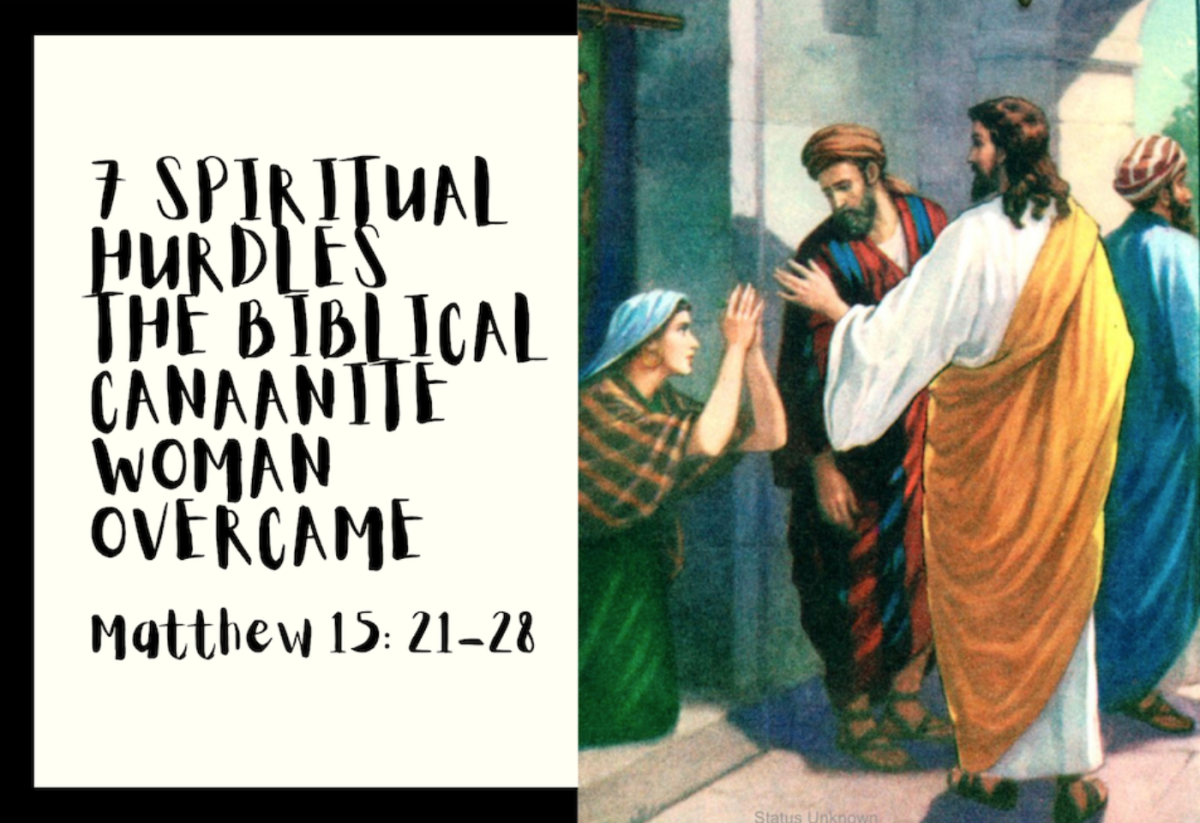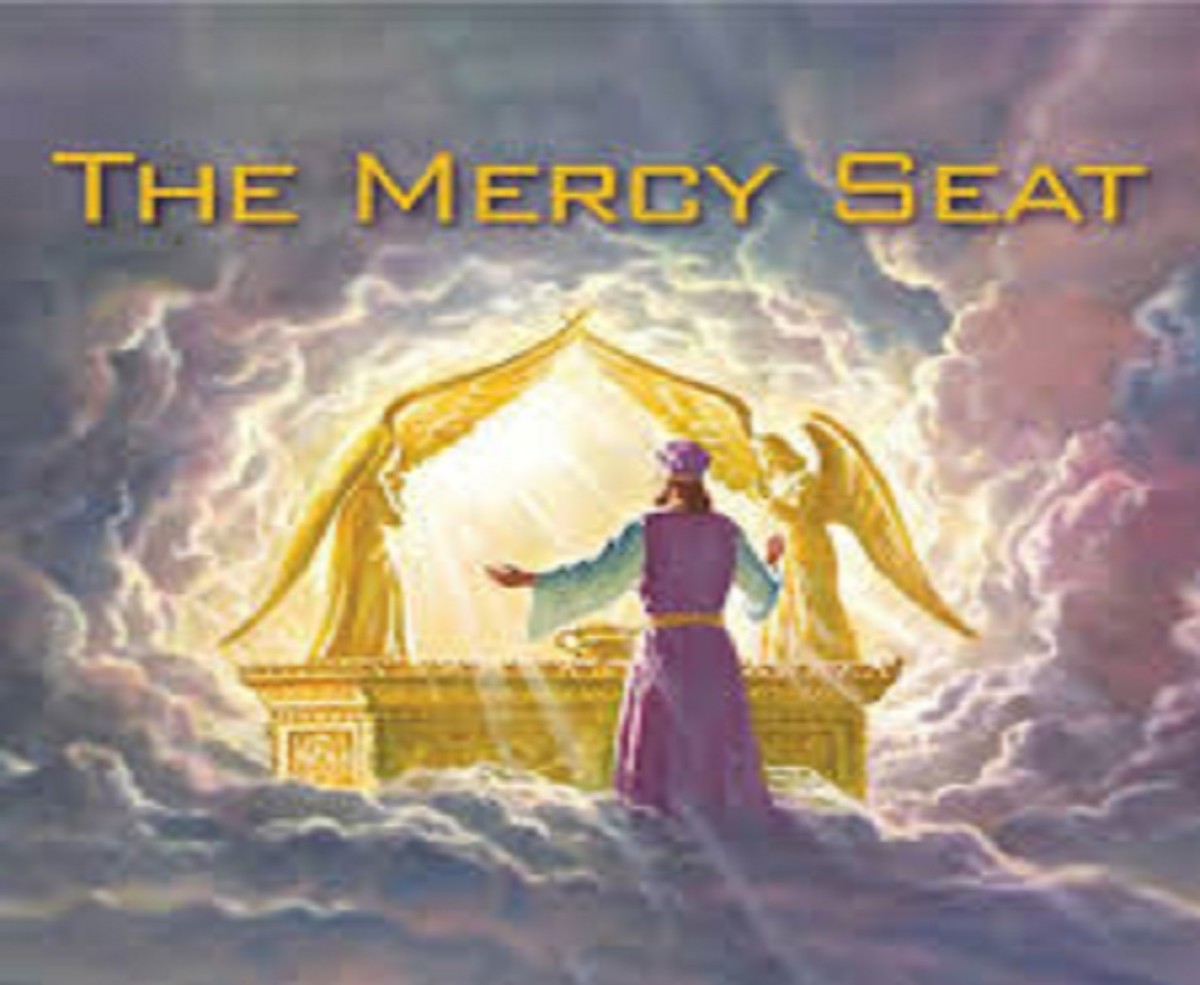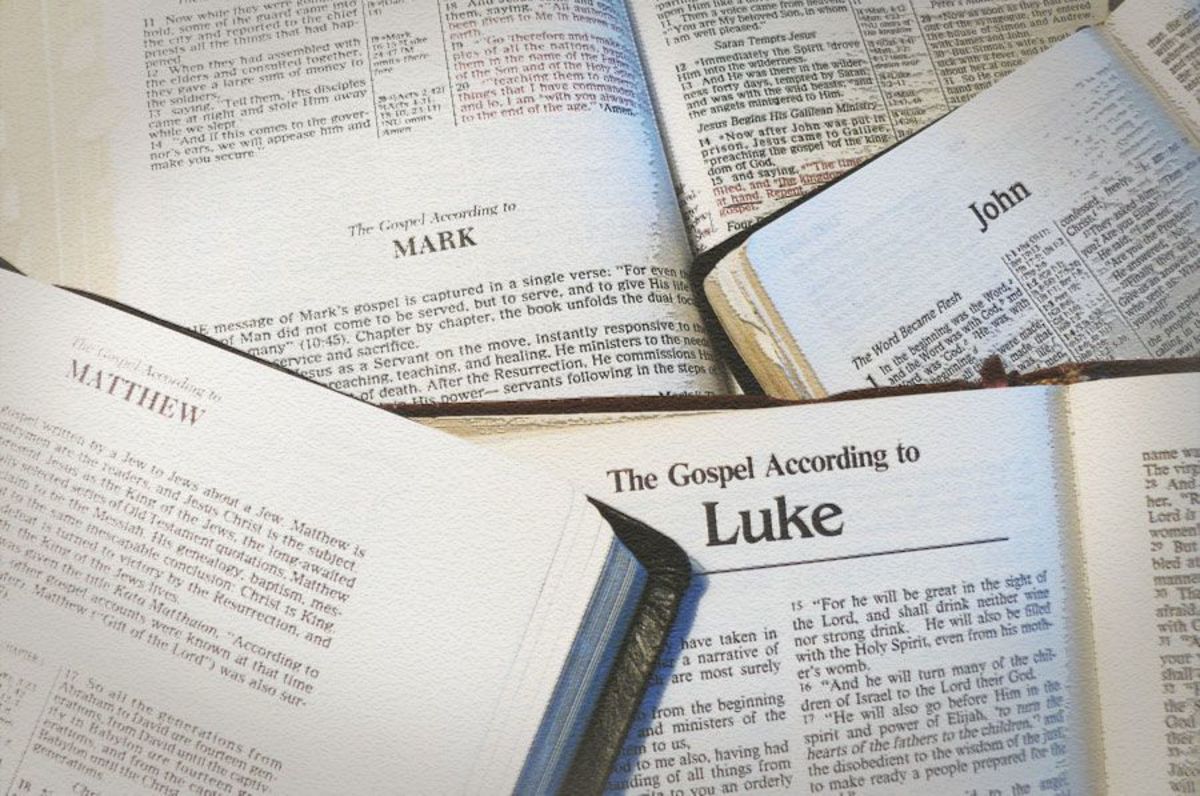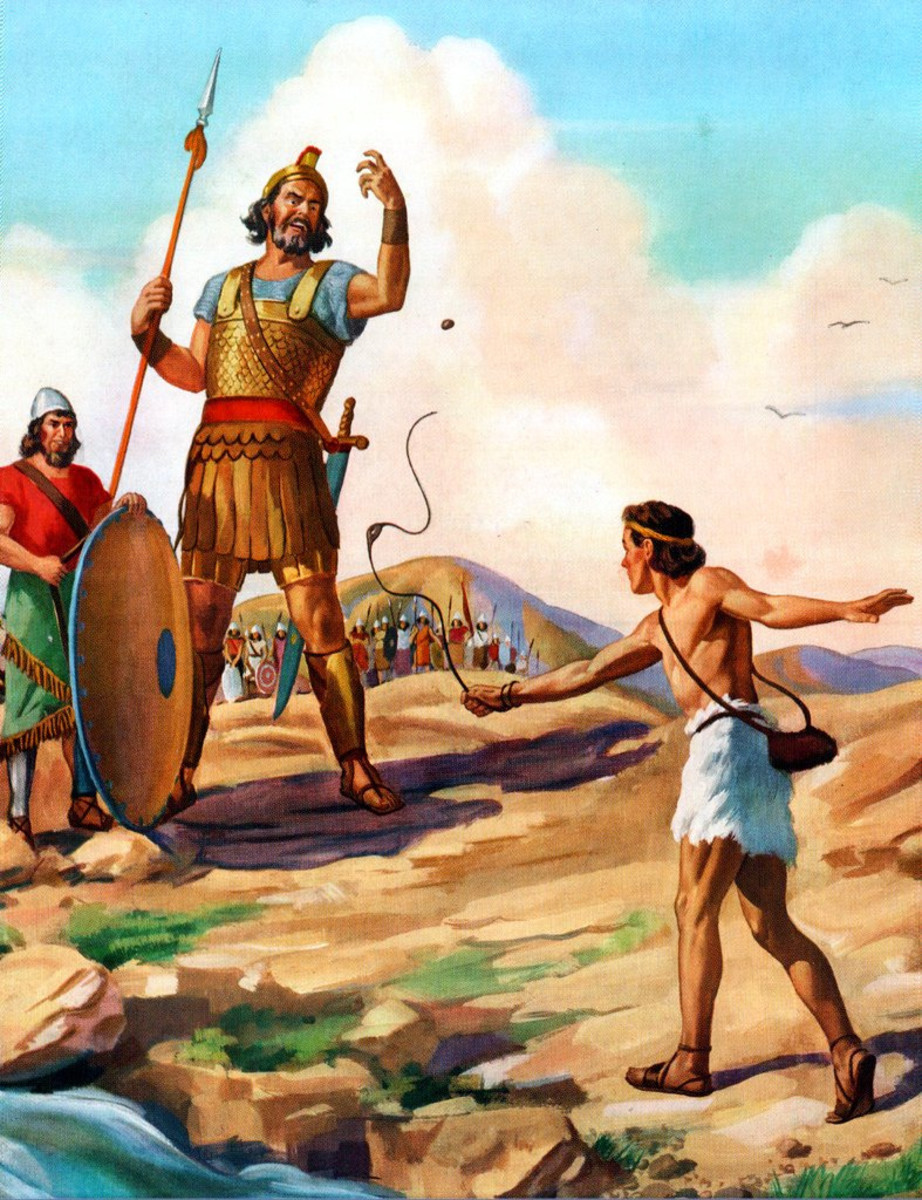The Righteous One - Jehovah-tsidqenu
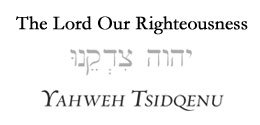
Jeremiah 23:1-6
“Woe to the shepherds who are destroying and scattering the sheep of my pasture!” declares the Lord. Therefore this is what the Lord, the God of Israel, says to the shepherds who tend my people: “Because you have scattered my flock and driven them away and have not bestowed care on them, I will bestow punishment on you for the evil you have done,” declares the Lord. “I myself will gather the remnant of my flock out of all the countries where I have driven them and will bring them back to their pasture, where they will be fruitful and increase in number. I will place shepherds over them who will tend them, and they will no longer be afraid or terrified, nor will any be missing,” declares the Lord.
“The days are coming,” declares the Lord,
“when I will raise up for David a righteous Branch,
a King who will reign wisely
and do what is just and right in the land.
In his days Judah will be saved
and Israel will live in safety.
This is the name by which he will be called:
The Lord Our Righteous Savior.
Romans 3:21-26
But now apart from the law the righteousness of God has been made known, to which the Law and the Prophets testify. This righteousness is given through faith in Jesus Christ to all who believe. There is no difference between Jew and Gentile, for all have sinned and fall short of the glory of God, and all are justified freely by his grace through the redemption that came by Christ Jesus. God presented Christ as a sacrifice of atonement through the shedding of his blood—to be received by faith. He did this to demonstrate his righteousness, because in his forbearance he had left the sins committed beforehand unpunished—he did it to demonstrate his righteousness at the present time, so as to be just and the one who justifies those who have faith in Jesus.
Introduction
Back in the old western days of the U.S., a marshal was tracking a notorious cattle rustler. Hearing that the man had ridden into a small town up the trail, the marshal rode in the town and started asking around for any information about the criminal. Most folks suggested that the marshal talk with the man who ran the livery stable since the rustler had left his horse there for a few days. The marshal asked the fellow at the stable when he had last seen the cattle rustler. “Well marshal,” the man said, “I saw him when he rode in on Sunday, and then three days later when he rode out on Sunday.” To this, the marshal asked how he could ride in on Sunday and then ride out three days later and still be on Sunday. The man at the stable explained, “Well marshal, it’s like this. I sold him a horse about a year ago, and the horse’s name is Sunday!” [Michael E. Hodgin. 1002 Humorous Illustrations For The Public Speaking, Grand Rapids: Zondervan, 2004, p. 252.]
Understanding a name is important. Though the significance of names is not as strong in our modern western culture, it was a very important thing to understand in ancient cultures. In the Bible, a person was named to commemorate an event in their life, or to emphasize a distinctive characteristic of that person. The same is true with the names attributed to God. The names for God in Scripture teach us things about God, who God is, how God acts or will act, and what God does and will do. As people of God, it is important for us to understand these names of God because they help us understand who God is and the nature of our relationship with God.
Names Of God Series
We are nearing the end of our series concerning several of the compound names of God. If you have read the previous ten Hubs, you may recall that by the term compound name, I mean that these are names that link the primary name for God – Jehovah – with an adjective. In these Hubs, we have considered several characteristics of God woven into these names. During this series, we have seen how God is described as our Creator, our Provider, our Healer, our Banner, our Sanctifier, the God who is Jealous for us, and is the God of our Ancestors. God also is our Peace, our Commander-in-Chief, and our Savior.
The LORD Our Righteousness
The name we will look at in this Hub is: Jehovah-tsidqenu – meaning, The LORD is our Righteousness, or simply, The LORD Our Righteousness. This name only appears twice in the OT, both in Jeremiah; in addition to 23:6, it is also used in 33:16. If these verses seem familiar, it is because both of these verses are a part of readings in the Lectionary cycle for Advent. The reason for this is because they point to the coming of Jesus Christ, the Messiah.
The setting for today’s reading is during the period in Israel’s history when their fortunes were as low as could be. At about 600 BC, the empire of Babylon was threatening to conquer the last remnant of the nation of Israel. The northern portion of Israel had been conquered about 100 years earlier by Assyria, leaving only Judah. Now Judah was also in peril. According to the prophets sent by God, the reason that Judah was being harassed was because of their sin and rejection of God and God’s standard.
Chapter 23 opens with the prophet Jeremiah comparing the leaders of Judah to bad shepherds. Instead of providing a good example, the leaders were leading the people astray. In fact the “shepherds” – the country’s leaders – had scattered the people (i.e. the sheep) who were abandoned and neglected. This accusation of being a bad shepherd, i.e. a bad leader, is mainly directed at Judah’s kings. A reading of I & II Kings, the books that provides the history of this time, gives a sad tale of a string of wicked kings who turned the nation away from worshipping God and from living in God’s ways. But God will not allow these sad events to continue.
-v. 3 – God will gather the remnant
-v. 4 – and will appoint shepherds who will care for them
-v. 5 – in particular, a righteous king
Oh really? Who is this king, what is his name?
-v. 6 “And this is the name by which he will be called: “The LORD is Our Righteousness.”

What Is Righteousness?
In Hebrew, this name is Jehovah-tsidqenu. The name is attributed to a future king who will not only live righteous (in contrast to the unrighteous shepherds), but will also lead God’s people in righteousness. In fact, this king will even be our righteousness. This name is a bit of a word play on the name of Judah’s last king, King Zedekiah. This is something we miss since we are reading this passage in English, but the name of Judah’s last wicked king is similar in meaning to the Hebrew word for righteousness (tsideq/tsidqenu; think of the pronounciation of Zedekiah as tsedikiah), so this future righteous king reverses all of the unrighteousness of King Zedekiah.
But who is this future king who will bear the name Jehovah-tsidqenu – The LORD Our Righteousness? There are some significant clues in the text:
-will be a descendant of King David
-will be a king who will flawlessly act righteous
-will save God’s people, and lead them in righteousness
-will actually be righteousness for the people
Any idea who Jeremiah was talking about? Most believe that this passage is a prophecy for the Messiah – who Christians acknowledge to be Jesus Christ. So this name is different from the other names we have looked at in that it is a prophetic reference to what God would do in Jesus Christ, the Savior.
This name describes God’s plan of salvation. But what is righteousness? The root meaning of the word for righteous/ness means “straight,” and the state of conforming to an authoritative standard. Righteous living is according to God’s standard; God’s character is the definition and source of all righteousness.
In the OT, the term righteousness is used to define humanity’s relationship with God and with other people. In the NT, we see human righteousness being achieved only through Christ; we are not righteous on our own merit or inherent goodness, but God sees us as righteous because of our identification with Jesus Christ. This is the problem that humanity faces: we are not able to live up to God’s standard on our own.
A small town church decided to host an essay contest for who could prove that they were the most moral person in town. The announcement was made in the local paper and among the entries came one which read: “I don’t smoke. I don’t touch intoxicants. I don’t gamble. I don’t cheat on my wife and never ever look at another woman. I am hard-working, quiet and obedient. I never go to the movies or the theatre, and I go to bed early every night and rise with the dawn. I attend chapel regularly every Sunday without fail. I’ve been like this for the past three years. But just wait till they let me out of prison!”
Romans 3 tells us that “No one is righteous, no, not even one…” We are all incapable of living up to God’s standard of righteousness. We need help. This is Christ’s role: Jesus came as the God-man, to demonstrate how to live a righteous life and to die for our sins so that through Him we may also be righteous before God. As verses 23 & 24 remind us: “all have sinned and fall short of the glory of God, and all are justified freely by his grace through the redemption that came by Christ Jesus.” This passage in Romans 3 complements the passage in Jeremiah: Jesus is Jehovah-tsidqenu. Jesus is the embodiment of righteousness, and is our righteousness when we put our faith in Him. This is not anything we can earn, but is a gift given to all who believe.
Conclusion
When our life is finished and our actions are evaluated before Holy God, the question will be asked: ‘Did you live totally by God’s standard?’ God will ask the question of you: ‘Did you keep my laws? Did you live according to the way that I have set for you? Did you serve me only, never placing any god in place of me?’ As a result of our sin, we will be forced to say: ‘No Lord, I did not keep your laws and I did not totally live by your standards. And though I tried my best, I did at times put my devotions on other things in place of my devotion to you.’
Because of our sin, we will be in a sad and sorry state, indeed, before God.
But if we have trusted our life to Jesus Christ, then we will be able to have a very different answer: When asked if we kept God’s laws and honored God in all things, we can respond with a resounding “Yes!” because Jesus did it on our behalf. He is the LORD our righteousness. It has been said that:
If our greatest need had been information,
God would have sent us an educator;
If our greatest need had been technology,
God would have sent us a scientist;
If our greatest need had been money,
God would have sent us an economist;
If our greatest need had been pleasure,
God would have sent us an entertainer;
But our greatest need was forgiveness, so
God sent us a Savior.
That Savior is Jesus Christ. He is Jehovah-tsidqenu – The LORD Our Righteousness!


